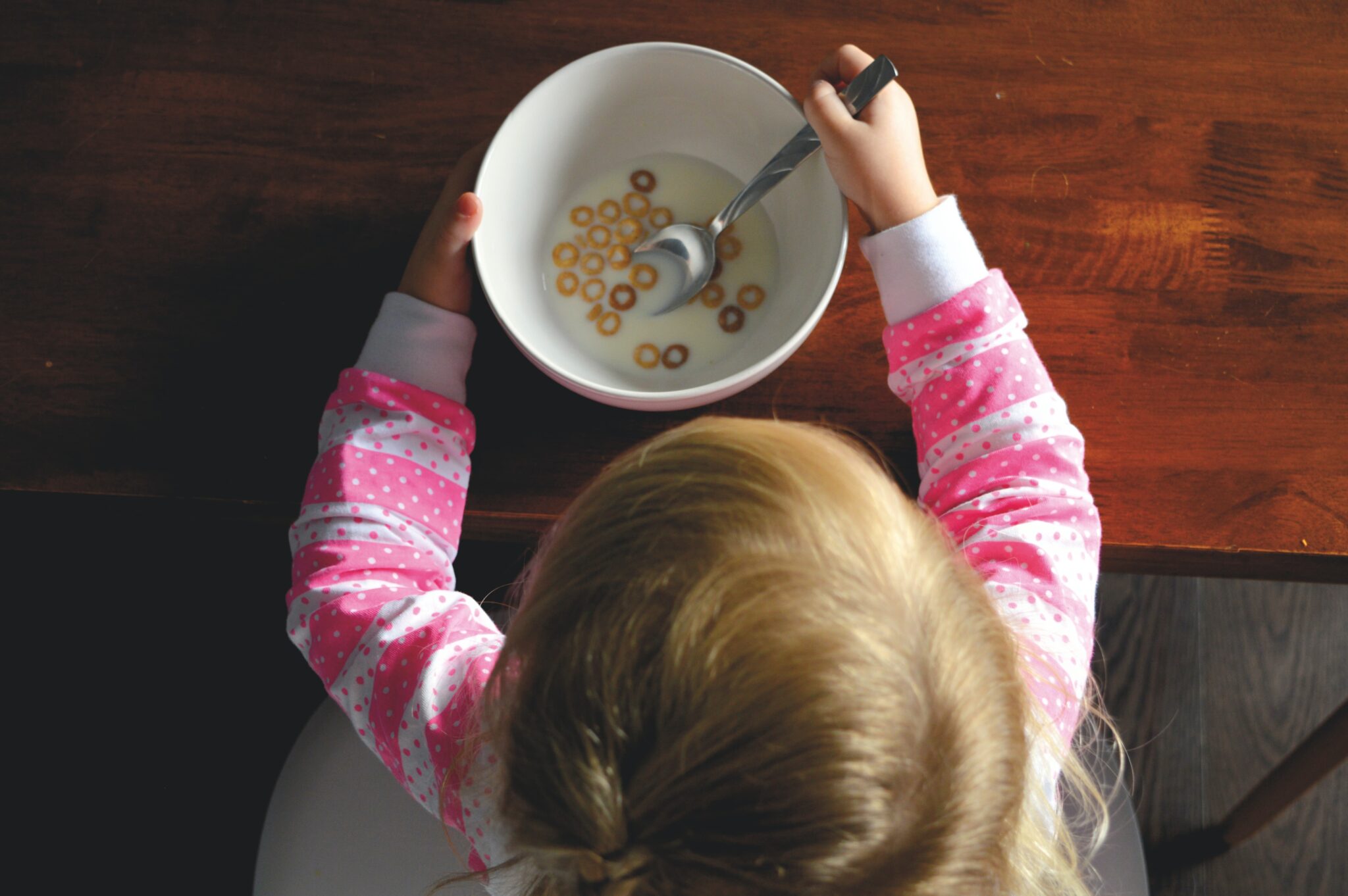Creating a Veggie Lover
Creating a Veggie Lover We all know vegetables are important but getting them into kids’ tummies can be a challenge. ...
Read MoreImportant notice to customers — product packaging changesLearn More
NEW FOOD PACKAGING IN STORE NOW
From August 2018, customers will notice our rebranded food packaging start to appear on shelf in all major stockists.
 CURRENT Packaging
CURRENT Packaging

 new Packaging
new Packaging
We are excited to announce our new packaging will start to appear on shelf from August 2018. This transition to new packaging will occur over a number of months. During this time there will be a mix of current and new packaging on shelf.
There are no major changes to these products, in some instances there is a small name change or slight recipe improvement, see below for the full details.
Products purchased via the website will be delivered to customers in our old packaging until the end of October. From November, products ordered from the website will be delivered in the new packaging.
Please note, our Infant Formula packaging will not be rebranded until later in 2019.
For any questions, connect with our team of accredited practising Dietitians on +61 3 6332 9200
Product name changes
 CURRENT Packaging
Organic Baby Rice
CURRENT Packaging
Organic Baby Rice

 NEW Packaging
Organic Rice with Prebiotic (GOS)
Note: Our Baby Rice recipe has been upgraded to now include GOS Prebiotic
NEW Packaging
Organic Rice with Prebiotic (GOS)
Note: Our Baby Rice recipe has been upgraded to now include GOS Prebiotic
 CURRENT Packaging
Organic Vanilla Rice Custard
CURRENT Packaging
Organic Vanilla Rice Custard

 NEW Packaging
Organic Milk & Vanilla Baby Rice
NEW Packaging
Organic Milk & Vanilla Baby Rice
 CURRENT Packaging
Organic Apple & Cinnamon Porridge
CURRENT Packaging
Organic Apple & Cinnamon Porridge

 NEW Packaging
Organic Apple & Cinnamon Baby Porridge
NEW Packaging
Organic Apple & Cinnamon Baby Porridge
 CURRENT Packaging
Organic Banana, Pear & Mango
CURRENT Packaging
Organic Banana, Pear & Mango

 New Packaging
Organic Banana, Pear, Apple & Mango
New Packaging
Organic Banana, Pear, Apple & Mango
 CURRENT Packaging
Organic Mango, Blueberry & Apple
CURRENT Packaging
Organic Mango, Blueberry & Apple

 New Packaging
Organic Blueberry, Mango & Apple
New Packaging
Organic Blueberry, Mango & Apple
 CURRENT Packaging
Organic Peach & Apple
CURRENT Packaging
Organic Peach & Apple

 New Packaging
Organic Grape, Apple & Peach
New Packaging
Organic Grape, Apple & Peach
 CURRENT Packaging
Organic Pumpkin & Tomato Risotto
CURRENT Packaging
Organic Pumpkin & Tomato Risotto

 New Packaging
Organic Pumpkin, Sweet Potato & Tomato
New Packaging
Organic Pumpkin, Sweet Potato & Tomato
 CURRENT Packaging
Organic Broccoli, Beef & Brown Rice
CURRENT Packaging
Organic Broccoli, Beef & Brown Rice

 New Packaging
Organic Beef & Vegetables
New Packaging
Organic Beef & Vegetables
 CURRENT Packaging
Organic Milk Rusks Toothiepegs
CURRENT Packaging
Organic Milk Rusks Toothiepegs

 New Packaging
Organic Milk Rusks
New Packaging
Organic Milk Rusks

Some babies may be ready for solids earlier than the others. However, every baby is different. It is a rule of thumb to wait until baby is at least 4 months old and showing signs of readiness.
Introducing wheat at four months of age and not delaying this until after six months of age, is currently thought to decrease the chances of developing an allergy to wheat.
Wheat allergy and Coeliac Disease are the two main medical conditions related to wheat in childhood. Children with wheat allergy need only avoid wheat, while those with coeliac disease need to avoid gluten. Gluten is found in wheat, rye, triticale, spelt, barley and controversially oats.
Can I prevent my child from developing these diseases?
The answer right now is NO, but there is research looking into factors that might decrease the chances. In both groups, breastfeeding is encouraged and food introduction should not begin before the child is four months old.
Wheat allergy
Parents are now encouraged to add small amounts of foods to the babies’ diet that contain the known food allergens. Wheat is now suggested from four months.
Unlike a typical wheat allergy which starts as a baby and is mostly outgrown by primary school, coeliac disease can be diagnosed at any age.
Coeliac Disease
Science does not have as clear a picture on what to advise for coeliac disease, because five, ten or more years after the child left the research study, they could still develop coeliac disease. Suggesting diet changes made as a baby might not really matter in the longer term.
When the European Society for Paediatric Gastroenterology, Hepatology and Nutrition guidelines to introduce gluten to babies was developed in 2016, it was thought that the specific genetics of the child was the strongest determinant of whether the child developed coeliac disease or not. That may still be the case. Here are current early diet suggestions, but they are not official recommendations, as we don’t know how many from these studies below, will go on to develop coeliac disease later in life.
A recent 2020 study suggests that from the age of four months, at least two wheat breakfast biscuits should be consumed in a week. The group who did this had less coeliac disease three years later than those who delayed gluten introduction until after six months.
A 2019 study concluded that more coeliac disease developed in children eating the greatest quantities of gluten between 1-2 years of age. The research suggests that at most, 2-3 slices of wheat bread equivalent food choices should be eaten a day, between the age of one and two years. Use gluten-free grain food choices to fill out the grain food for the rest of the day.
It’s important to understand that your baby or child may still develop either condition. If you feel your baby is reacting to wheat or gluten foods, then stop those foods and investigate this with your doctor.
References
.